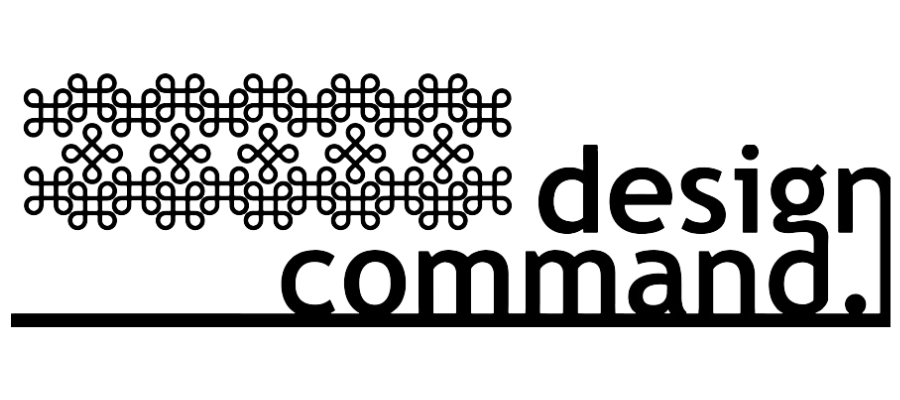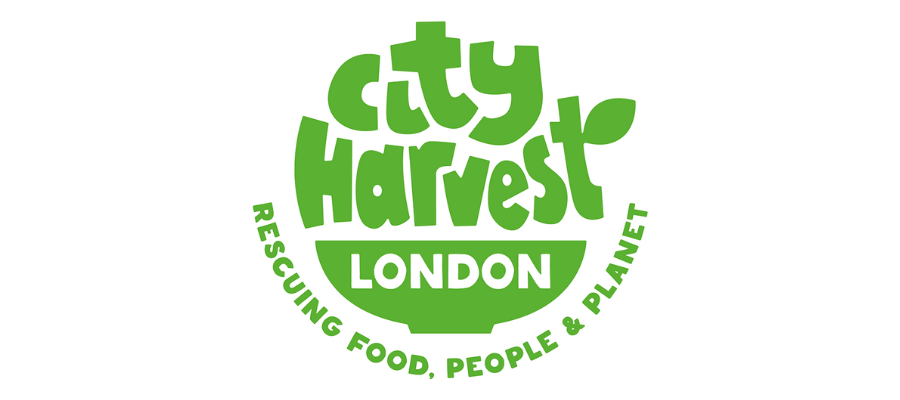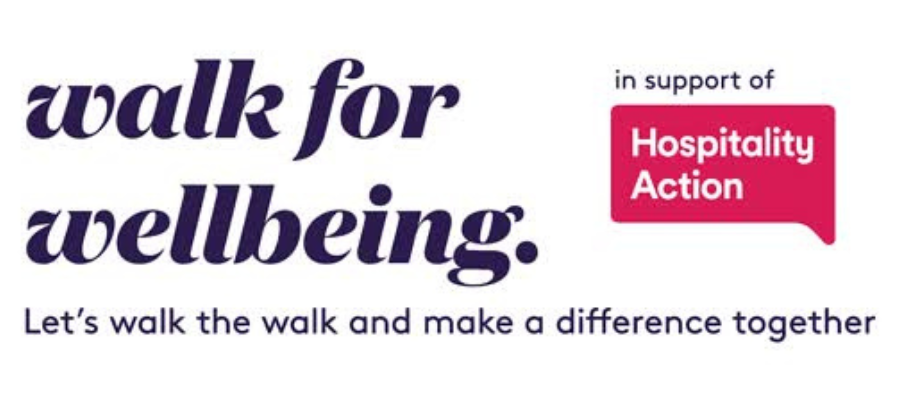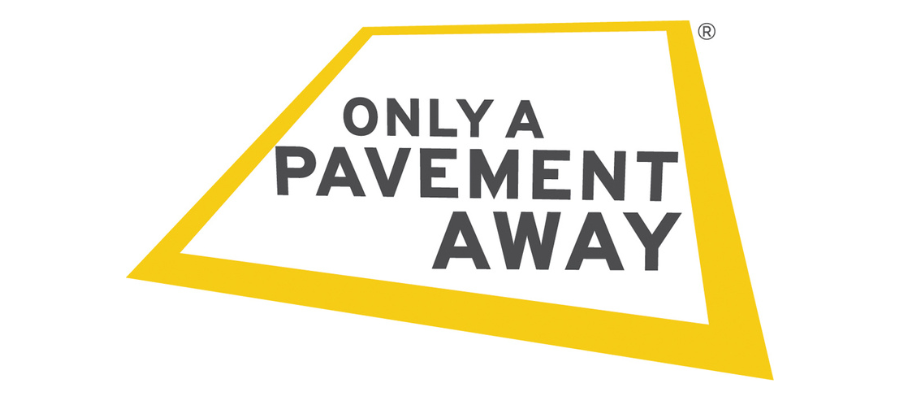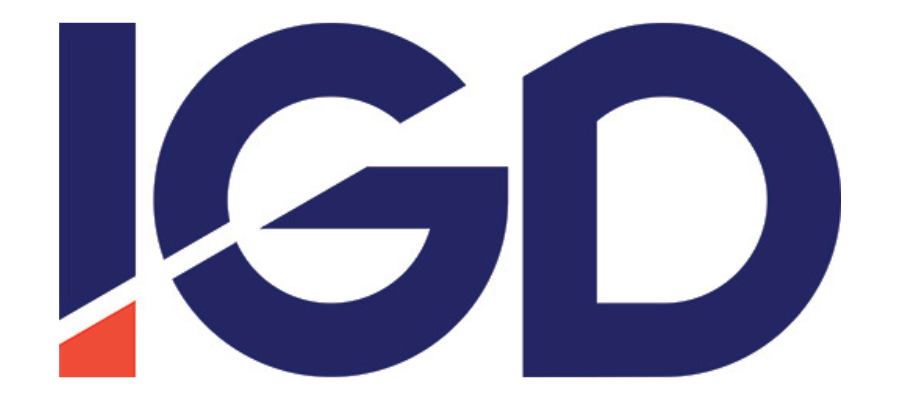BioMaster food waste recycling, read the full story
In 2000, Germany led investment in anaerobic digestion technology in Europe, funding growth in its (now massive) industry by introducing Feed-in-Tariffs to oblige electric utilities to buy renewable electricity. Similar tariffs followed in the UK in 2010.
Meiko was therefore involved early in engineering food waste recycling solutions for the German AD industry.
Like all Meiko product development, the priority is to improve hygiene, save labour and boost ergonomics. But Meiko also recognised that keeping control of food waste – maintaining ownership – is also crucial to future development.
AD works by fermentation using specialised bacteria. The better they work, the higher the gas yield. The AD operators found that homogenisation provides the best feedstock by delivering a uniform product with a maximised contact area.
Homogenisation also deals with food water content. Catering food waste has oil, fat, grease, and other contaminants, so discharging wastewater to sewers is problematic for water companies and likely to incur disposal costs.
Meiko’s solution is the BioMaster, which homogenises all typical catering food waste and, importantly, retains the water, which is essential for top-quality feedstock.
BioMaster suits any size premises as the number of homogenising waste hoppers and associated pipework scale to suit small restaurants up to the largest hospitals and hotels. Customer feedback praises the boost to hygiene and the labour savings.
Built into tabling or operating standalone, BioMaster replaces floor-level food bins and eliminates foul-smelling containers outside.
Every alternative form of recycling food involves worse ergonomics, more labour, more sorting and separating, and more energy and supervision and won’t provide as high-quality feedstock as homogenisation!
Not all catering food waste is equal. The more energy in your waste, the more it is worth, so the canny caterer will maintain their waste separately. Like farmers sending grain to market, each batch could be tested independently, the higher the quality, the higher the value.
BioMaster's bonus for catering operators is that BioMaster retains clear ownership of the waste, giving the caterer the best negotiating position for energy rebates and cutting removal costs.
Meiko is at the heart of developments in the European AD industry. Homogenised feedstock is the gold standard because it maximises gas and fertiliser output and suits all sizes of AD plants, including the small, village, town, hotel and hospital-sized AD plants on trial in Europe in 2023.
There is a big future for catering food waste, but the where and how is still up to question!
WHY IS THE UK GOVERNMENT SO KEEN ON ANAEROBIC DIGESTION FOR OUR FOOD WASTE?
AD has many advantages. Unlike wind, tidal and solar, energy generated is constant, and biogas can be stored long term.
Waste suitable as feedstock for AD includes all typical catering and domestic food waste and this includes the water from food waste as well as fats, grease and oils.
The future for the UK AD industry is booming, with further financial support, the end of coal-fuelled energy and the focus on renewables all boosting growth.

.png)
.png)
)
)
)
)
)
)
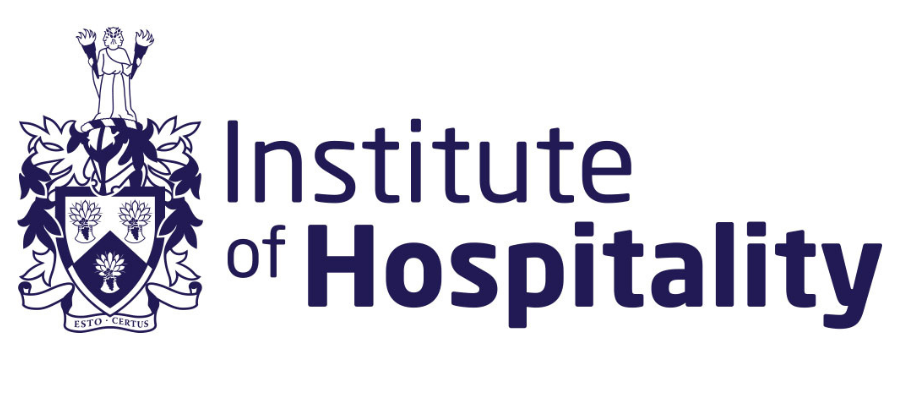
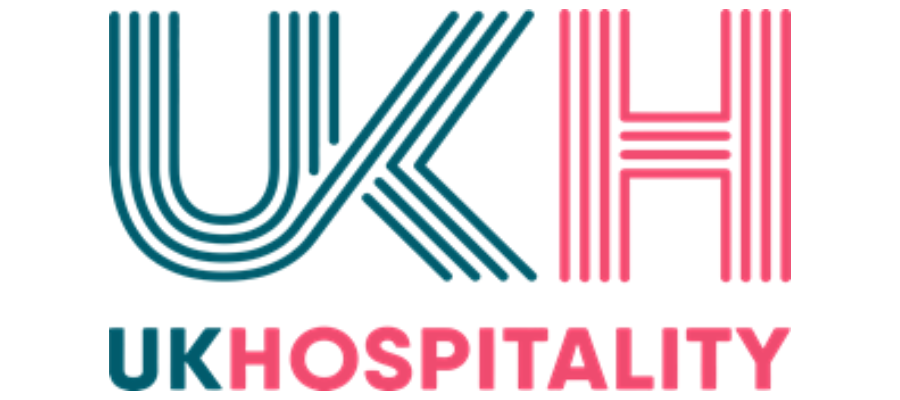
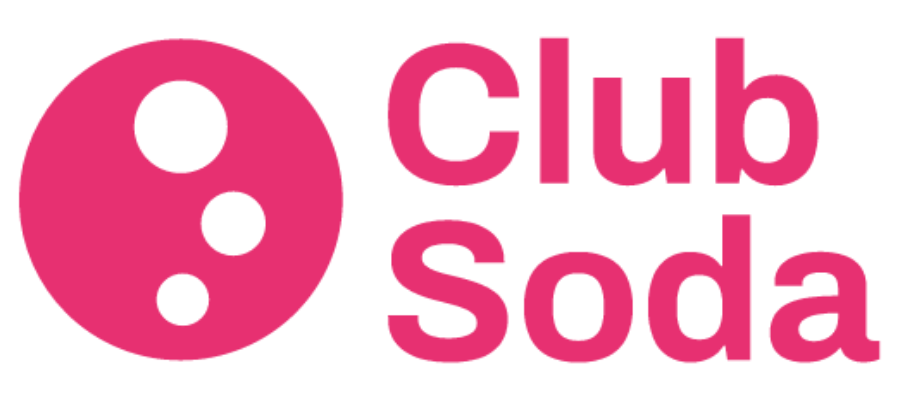
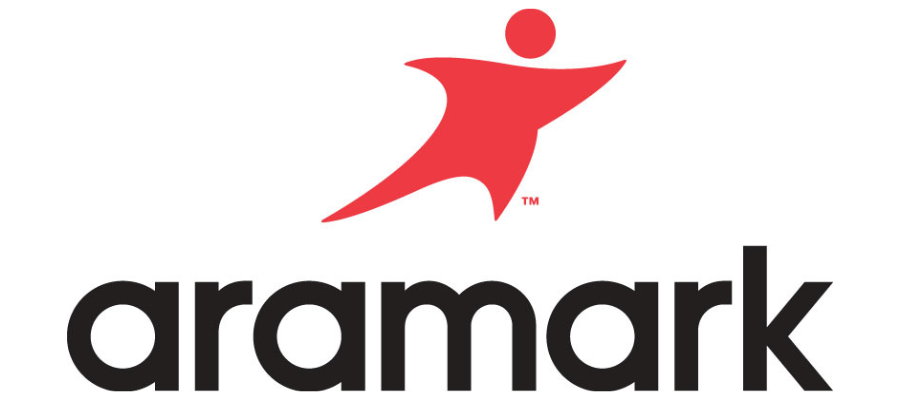
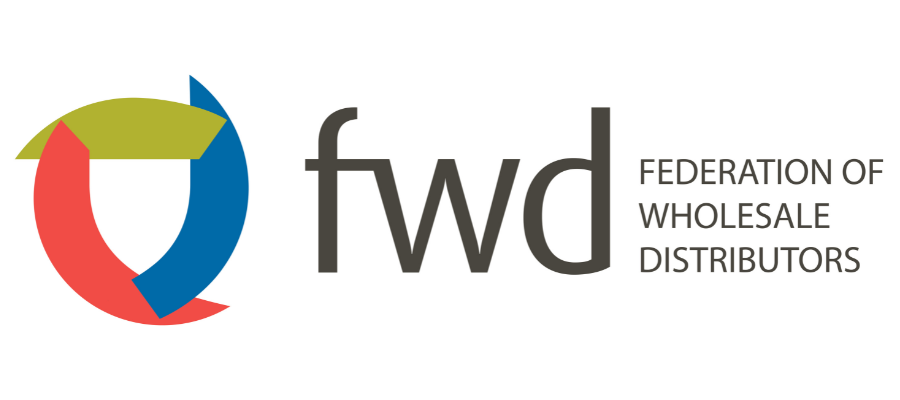
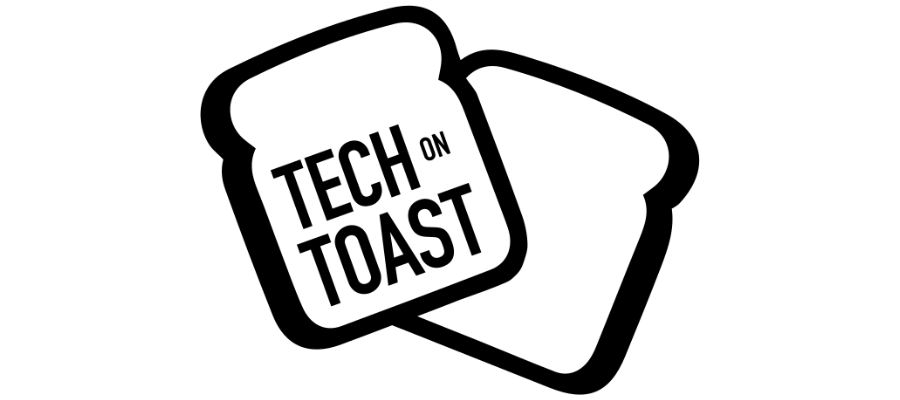
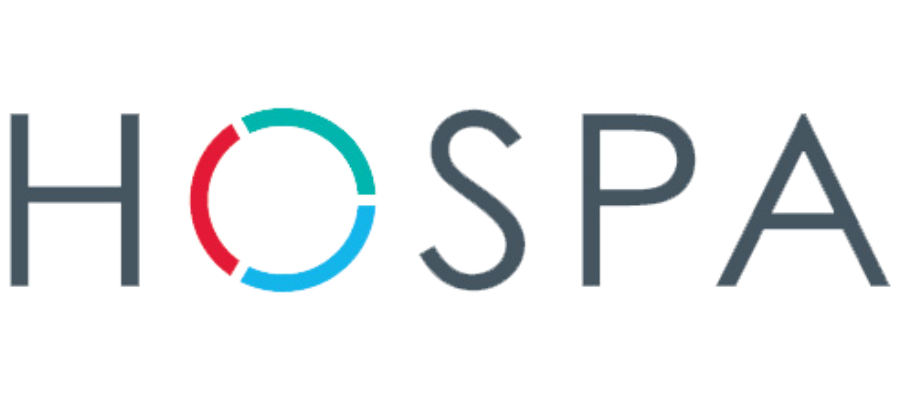
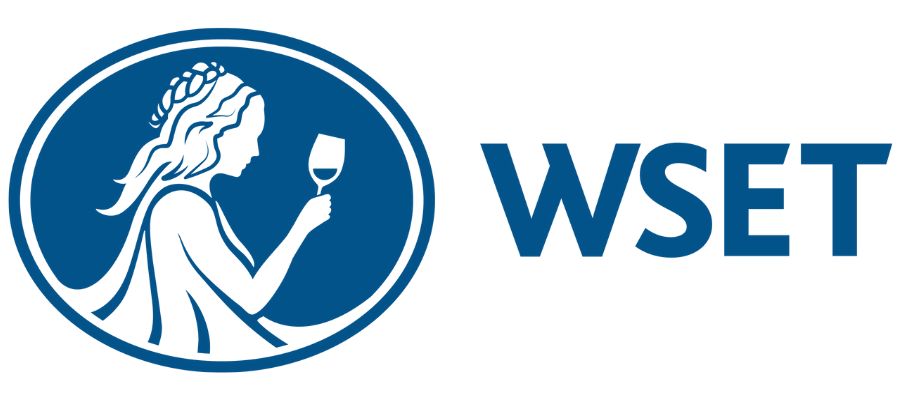
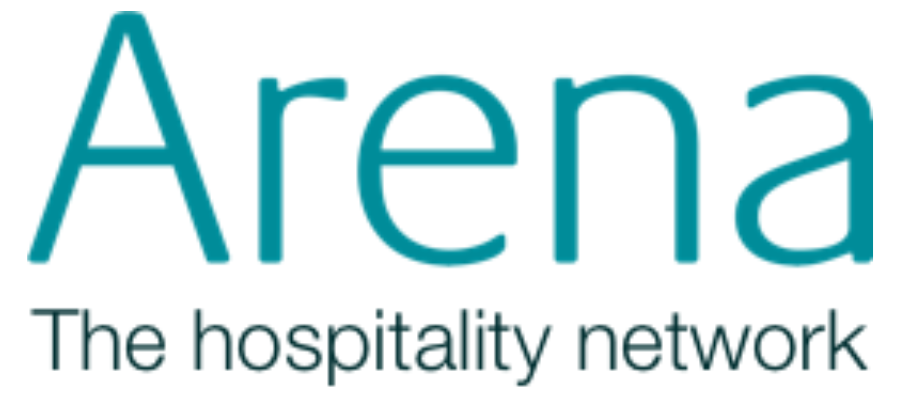

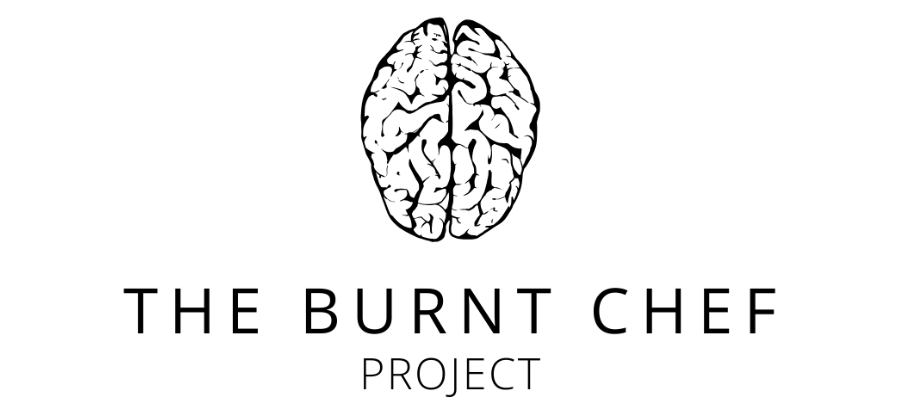
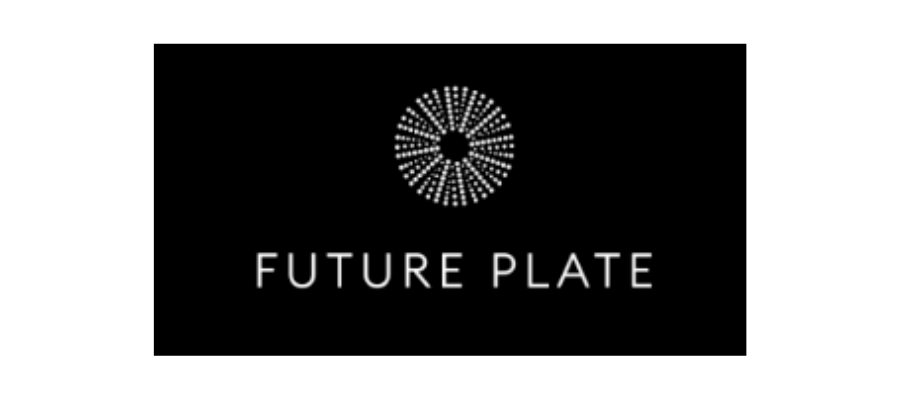
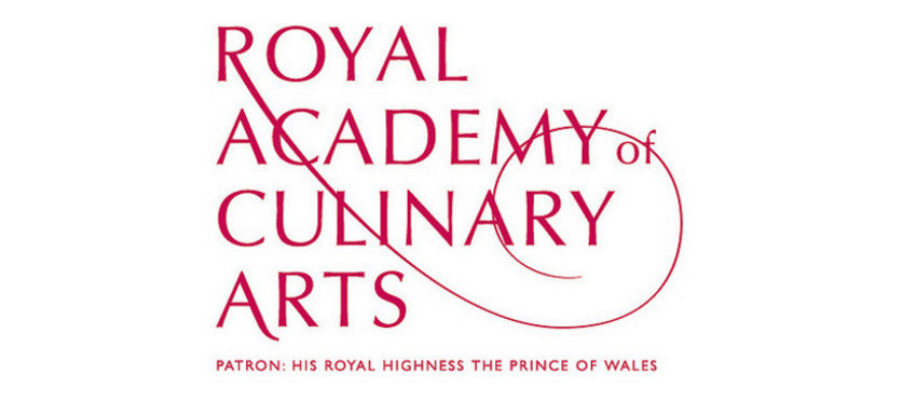
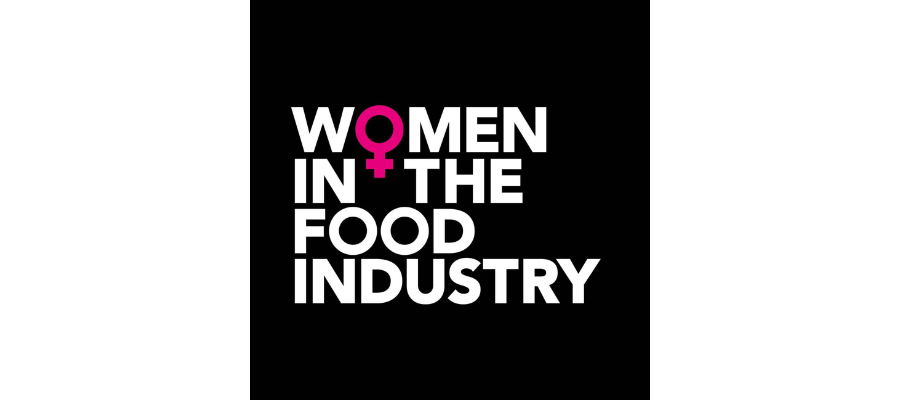
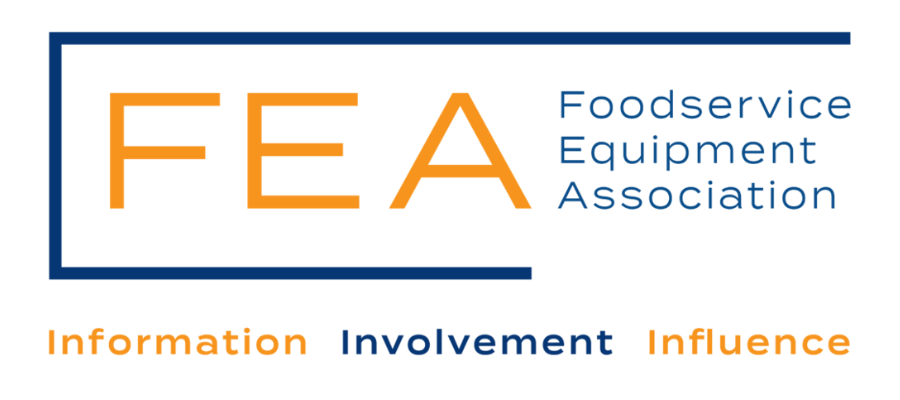
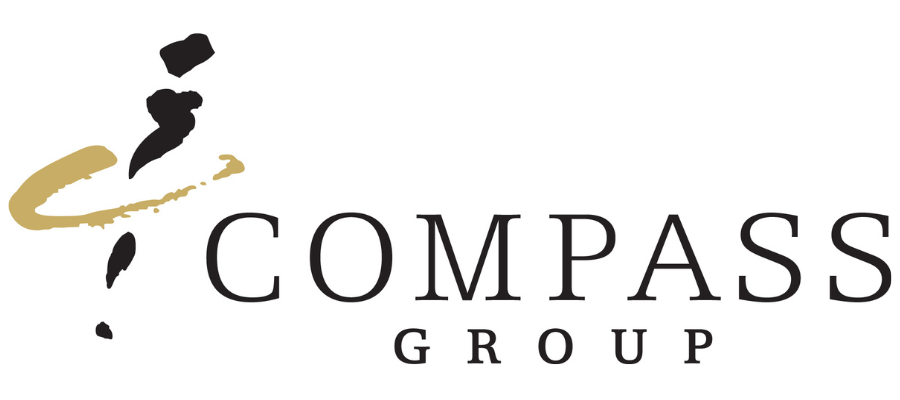
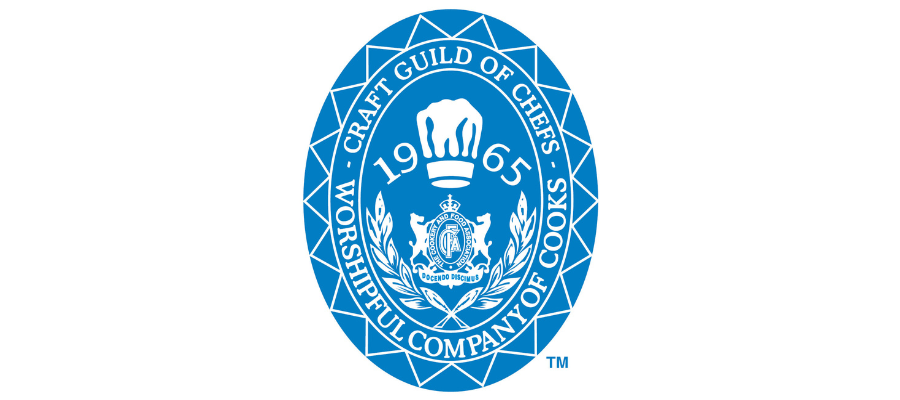
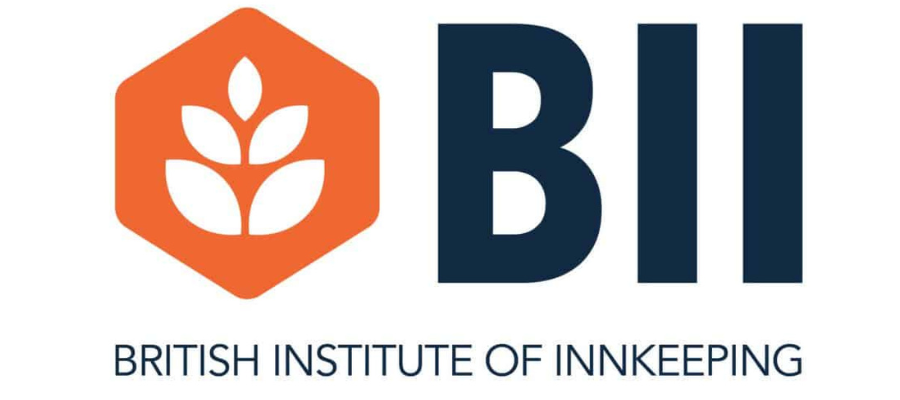
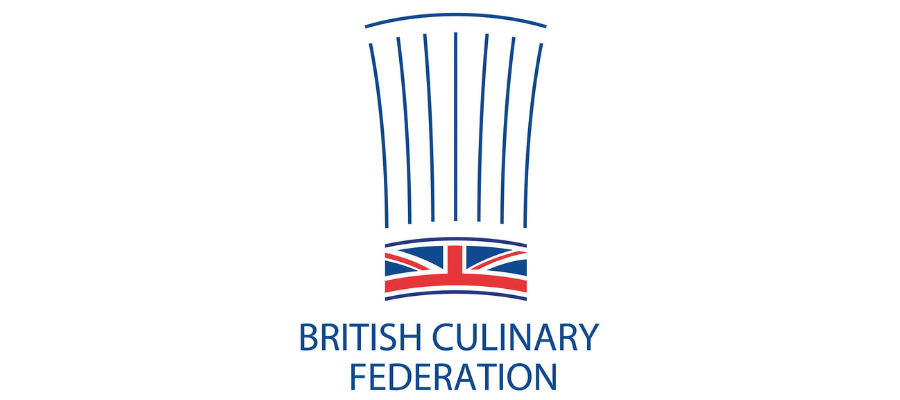
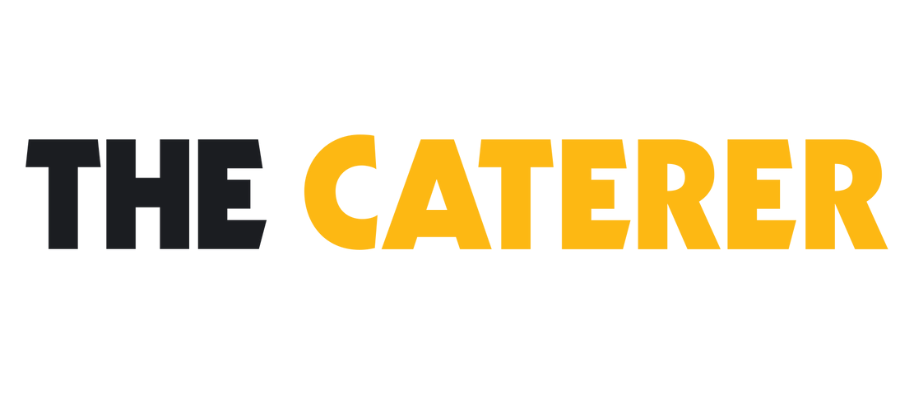
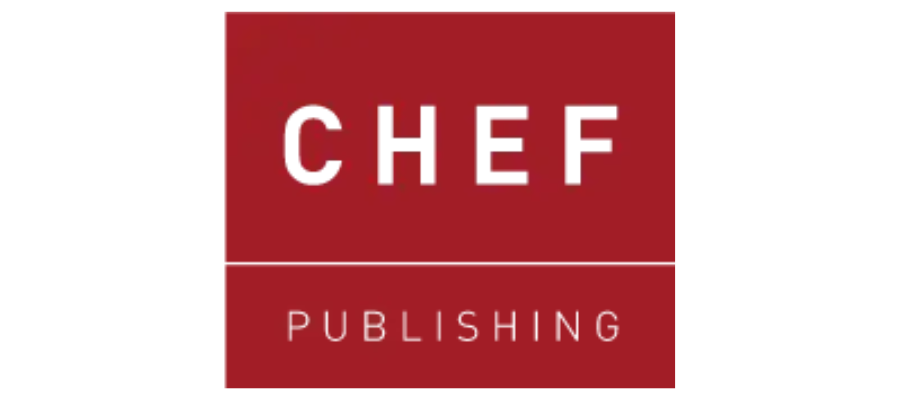
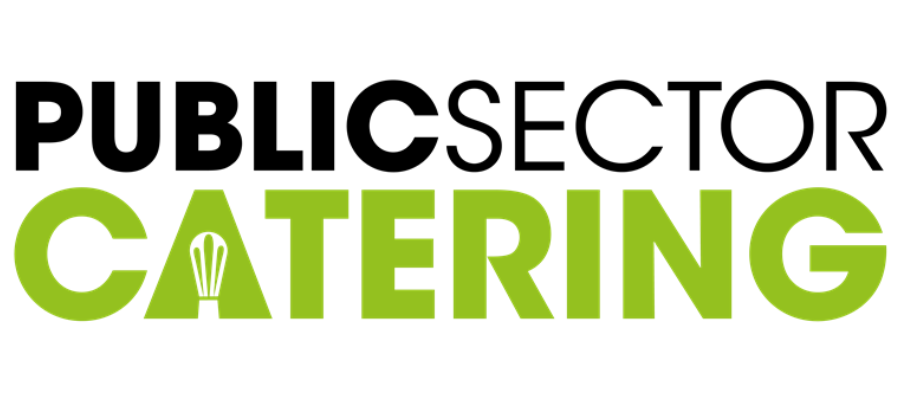

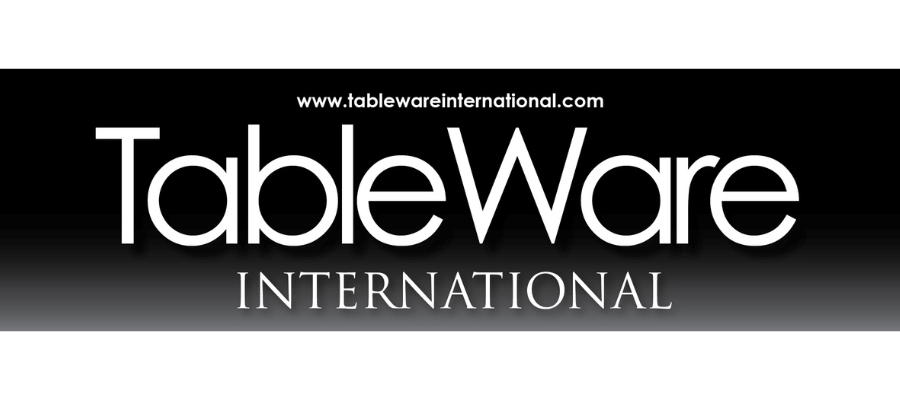
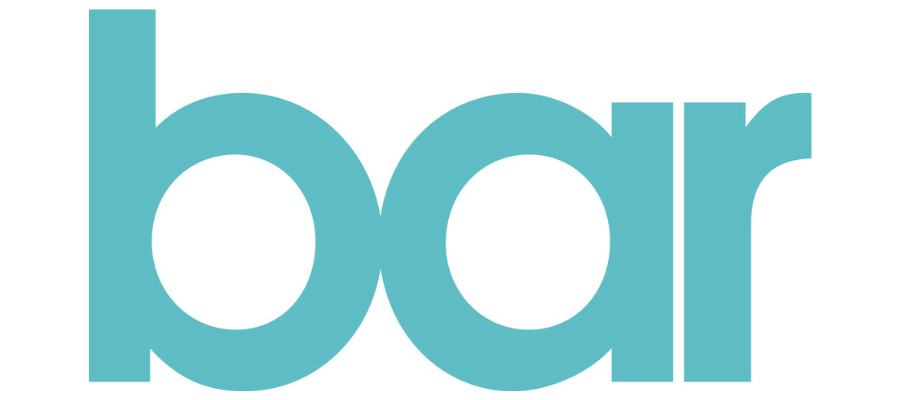
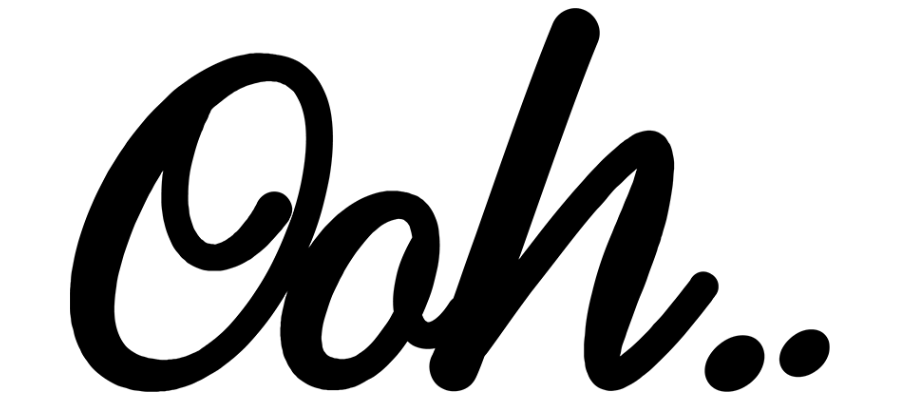
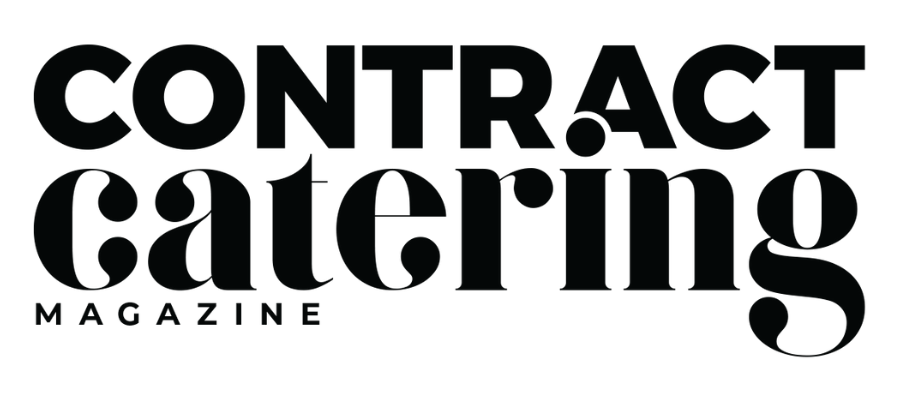
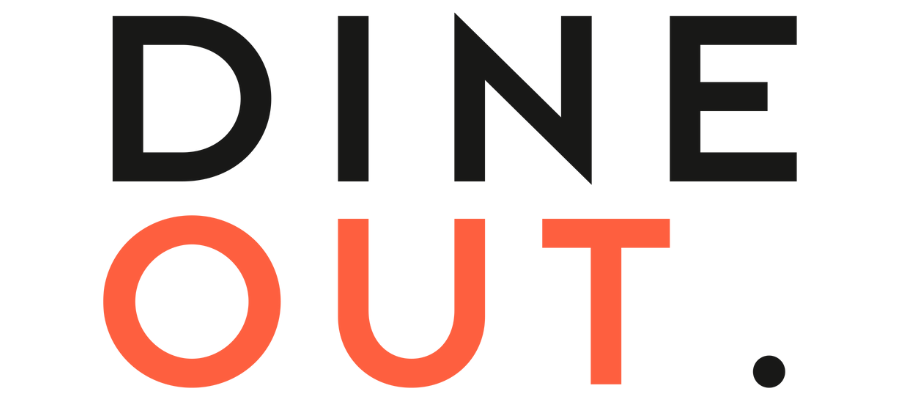
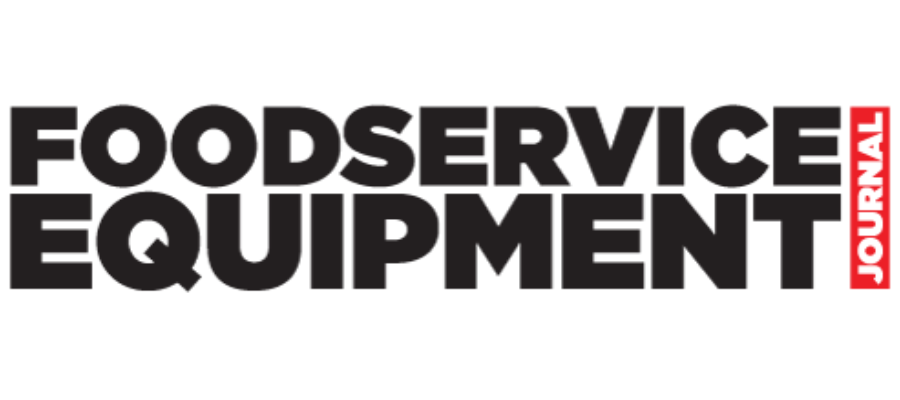
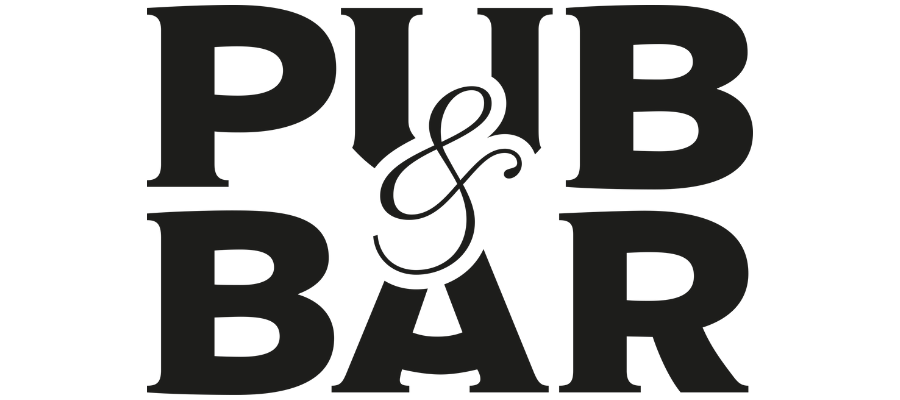

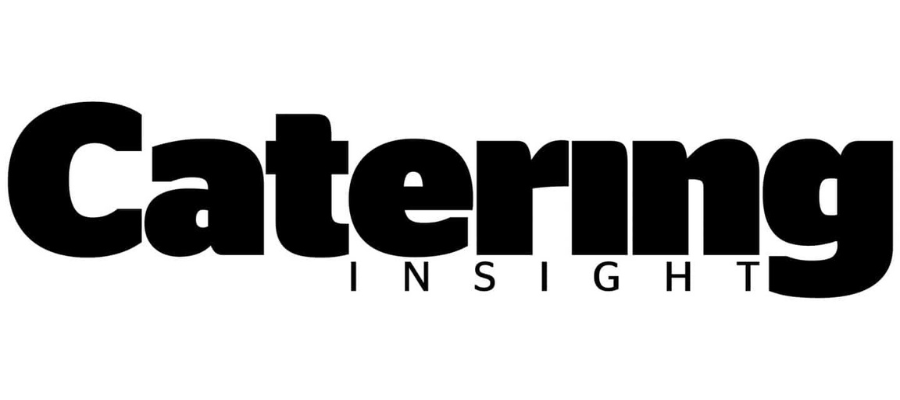
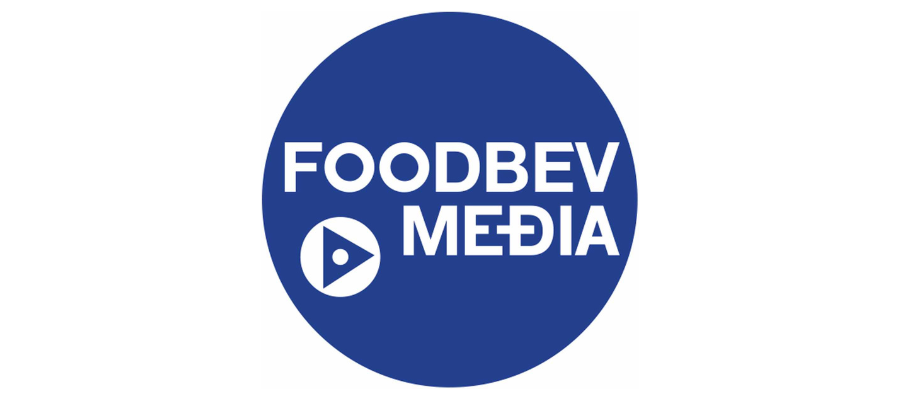
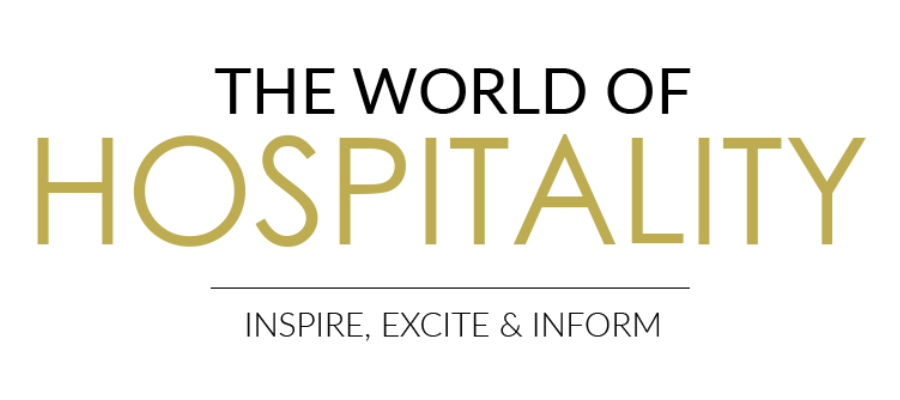
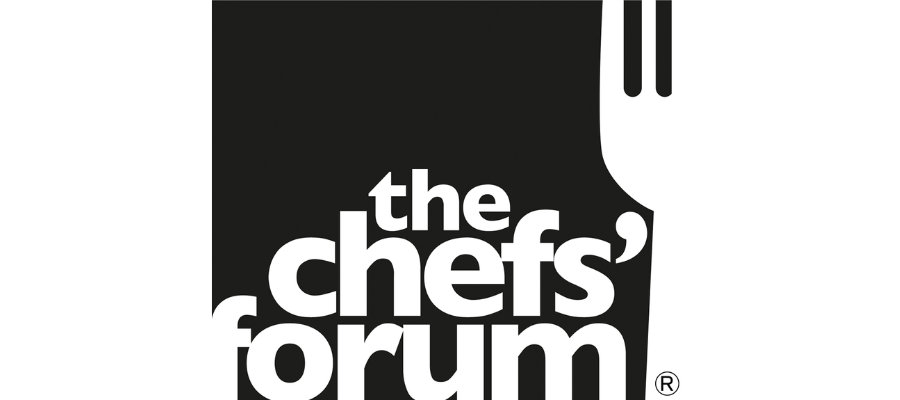
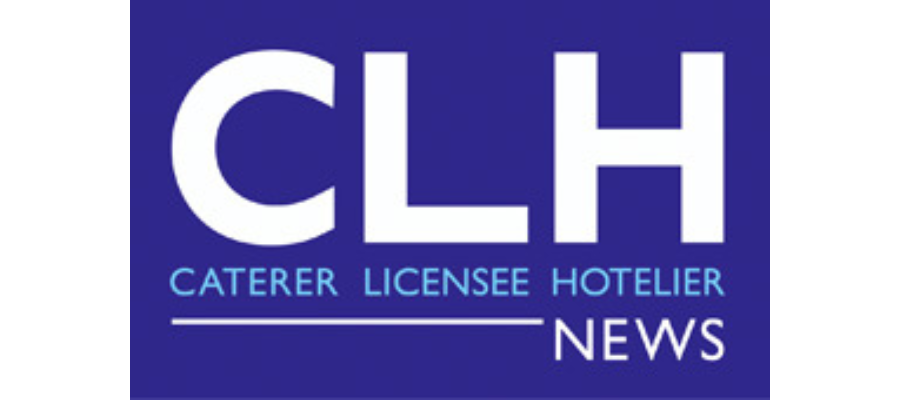

.png)


